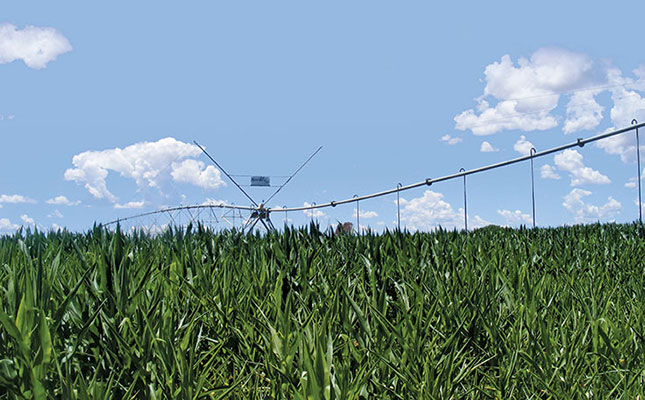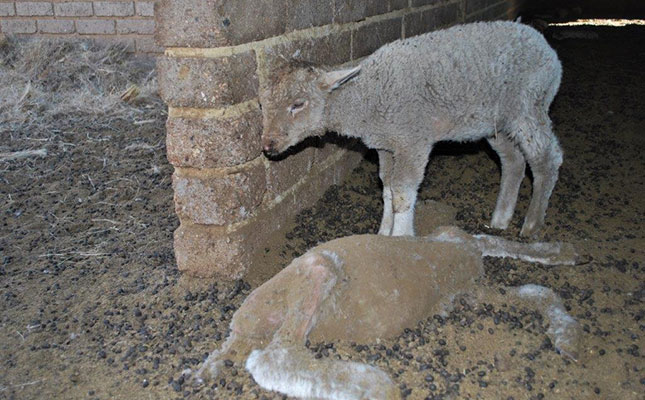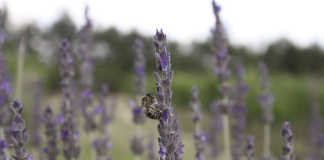
Despite facing challenges in its agricultural production and socio-economic environment, South Africa’s food security ranked first out of 28 sub-Saharan African countries, and 48 out of 113 countries surveyed worldwide.
This was according to the results of the 2019 Global Food Security Index (GFSI) report recently released by The Economist Group with support from Corteva Agriscience.
READ How to achieve optimal maize production
This annual index considers the core issues of food affordability, availability, quality and safety, and uses 28 indicators that measure the drivers of food security across both developing and developed countries.
The index also includes a category that assesses countries’ exposure to the impact of climate change, their susceptibility to natural resource risks, and how countries were adapting to these risks.
Bolstering South Africa’s overall score of 67,3 out of 100 in the 2019 report were its nine “strengths”, which achieved highly favourable scores of 75 and above.
READ How Free State maize farmer survived the drought
These were presence and quality of food safety net programmes (100); nutritional standards (100); change in average food costs (97); food safety (90,6); food loss (90,1); volatility of agricultural production (87,8); agricultural import tariffs (86,3); proportion of population under global poverty line (78,1); and access to financing for farmers (75).
The two biggest challenges undermining South Africa’s food security were government expenditure on agricultural research and development (5,3 out of 100), and GDP/capita in terms of US dollar purchasing power parity (10,3 out of 100).
In addition, South Africa’s ranking in terms of its natural resources and resilience for the purposes of food security ranked 82 out of the 113 countries surveyed, according to the report.
In this category, and with a score of 50,4 out of 100, South Africa lagged behind many of fellow sub-Saharan Africa countries, namely Niger (68,5), Cote d’Ivoire (67,1), Uganda (65), Burundi (64,2), Burkina Faso (62,6), Rwanda (62,6), Mali (61), Zambia (61), Botswana (58,3), Tanzania (57,7), Madagascar (56,3), Togo (56), Nigeria (55,2), Senegal (55), Ghana (53), Chad (52,9), Angola (52,1), Sudan (52,1), Cameroon (52), Ethiopia (51,2), and Kenya (50,6).
A statement issued by Corteva Agriscience in response to the findings said that all surveyed countries showed a vulnerability of their individual and collective food systems to threats such as drought, flood and rising sea levels.
READ How urban agriculture can contribute to food security
The statement also highlighted that residents of more than 30% of surveyed countries had insufficient access to Vitamin A, which was needed for normal vision, a healthy immune system and organ function.
Residents of approximately 25% of surveyed countries had insufficient nutritional access to zinc, which was essential for maintaining a healthy immune system and functioning metabolism.
Dana Bolden, Corteva Agriscience’s senior vice-president of external affairs and sustainability, said: “The insights revealed by the 2019 [index] allow all stakeholders in the food ecosystem to clearly understand the current challenges that are hindering our progress towards a more food-secure world. We all play a role in the food value chain, from farmers, governments and industry leaders to retailers and consumers, and as such, it is our shared responsibility to use these findings as a catalyst for action, and drive progress towards a more sustainable food system. In doing so, we can produce more nutritious food, improve food accessibility and ultimately, achieve global food security.”












